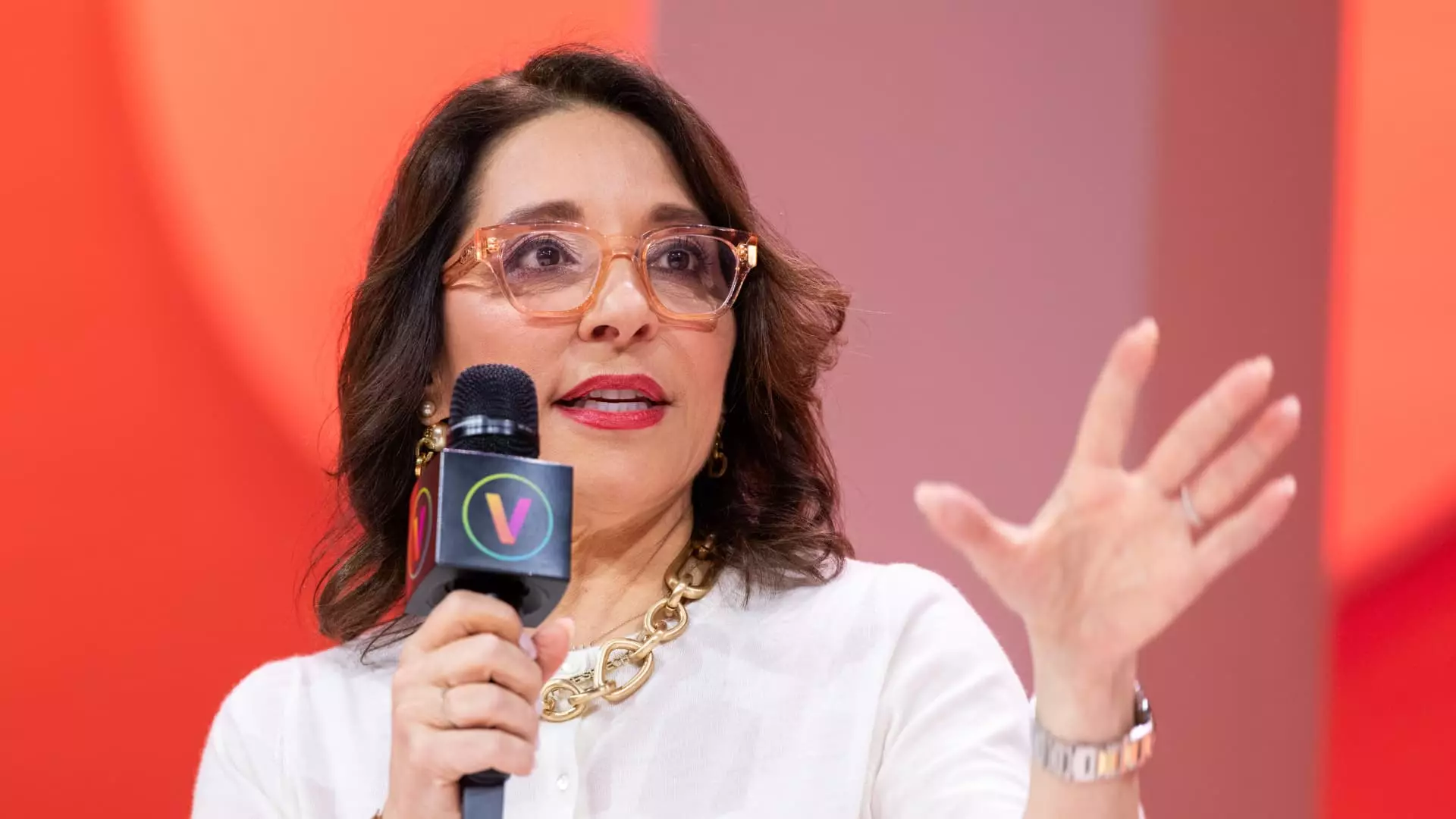Yaccarino, the CEO of a social media platform owned by Elon Musk, recently criticized Australia for its handling of a temporary order blocking videos of a violent incident in Sydney. She accused Australia of overreach in their attempt to regulate online content and argued that citizens should have access to information to make up their own minds. Yaccarino's remarks suggest a tension between X's platform policies and Australian regulations, highlighting the complexities of moderating user-generated content on a global scale.
The clash between X and Australian online safety regulators began when the eSafety Commissioner issued a temporary injunction to hide posts depicting a stabbing incident during a livestreamed sermon. The court initially granted the injunction, but a federal judge later denied the eSafety Commissioner's bid to extend it. Yaccarino celebrated this decision as a victory for free speech and transparency, emphasizing X's role as a “beacon of light” for users seeking truth. However, the legal dispute underscores the challenges platforms face in balancing user safety with freedom of expression.
Elon Musk’s Involvement and Criticism
Elon Musk, the founder of X, also weighed in on the situation, condemning the Australian government's actions as an assault on free speech. Australian Prime Minister Anthony Albanese criticized Musk for his perceived arrogance and disregard for national laws. The public spat between Musk and Australian authorities illustrates the growing tensions between tech companies and governments over online content moderation. Musk's assertion that he does not consider himself above the law raises questions about the responsibilities of tech leaders in upholding legal standards across different jurisdictions.
The incident in Australia sparked a broader debate about censorship, decency, and the role of technology companies in shaping public discourse. While Yaccarino and Musk framed the issue as a matter of free speech and access to information, Australian officials argued that it was about upholding community standards and protecting vulnerable individuals. The disagreement reflects differing perspectives on the boundaries of online expression and the need for regulatory intervention in extreme cases. Balancing these competing interests remains a central challenge for policymakers and tech industry leaders alike.
Implications for Content Moderation Policies
Yaccarino's criticisms of Australia's approach to online safety highlight the complexities of content moderation in a digital age. As platforms like X grapple with the spread of harmful content, they must navigate a complex regulatory landscape that varies from country to country. The legal showdown in Australia underscores the importance of transparent and consistent moderation standards that uphold user rights while addressing community concerns. Moving forward, tech companies, governments, and civil society must work together to develop effective strategies for safeguarding online discourse without stifling legitimate expression. The case of X and Australia serves as a cautionary tale for the global tech industry, reminding stakeholders of the ongoing challenges and responsibilities associated with managing digital content.

